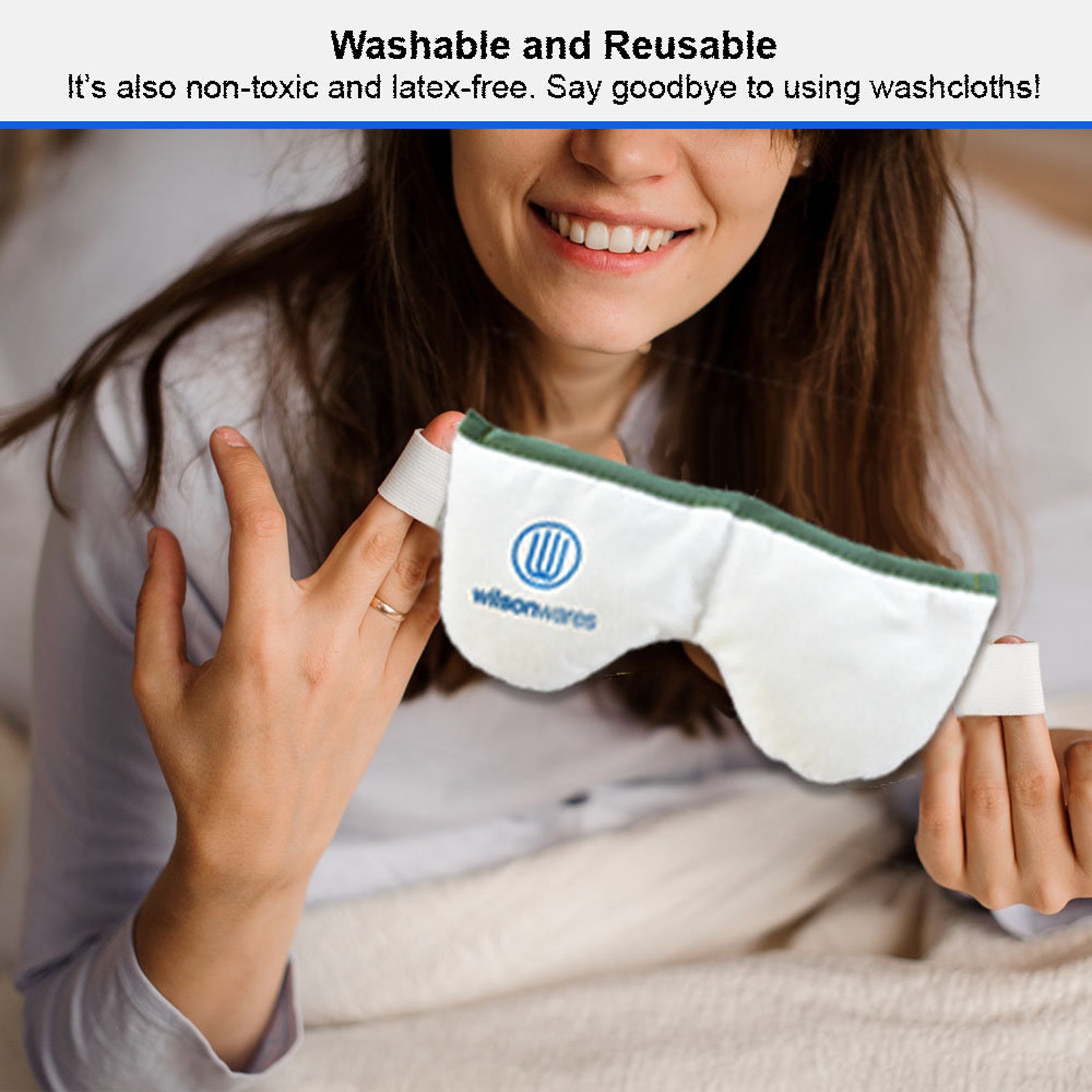

By wearing sunglasses, you can further ease your dry eye symptoms. Wearing good quality sunglasses will further prevent the eyes from experiencing those dry and irritating feelings.ĭry eye syndrome can cause another condition called photophobia, or acute sensitivity to light. Additionally, the front of your eyes has a protective layer called the conjunctiva, which can become red and inflamed when exposed to high levels of UV light or dust. When outdoors, particularly when it's windy, dusty or there’s the risk of high levels of UV exposure, wear wraparound sunglasses to protect your eyes and decrease the chance of debris entering the eyes. Consider using a cold-mist humidifier and avoid sitting directly in front of air conditioners or fans. You may need to change your environment to prevent or alleviate dry eye, as dry air, high winds, dust, smoke, pollution and air conditioning can lead to temporary eye dryness. On the other hand, caffeine in some people may act as a mild diuretic, which means they generally pass more water, possibly making the dry eye worse. The participants in one study consumed capsules with 200 mg to 600 mg of caffeine (or 2-6 cups of coffee), depending on their weight. Just make sure you're careful when consuming caffeine, as it can lead to jitters, irritability and insomnia, particularly if you're sensitive to caffeine, or if consumed in high quantities. Studies indicate that caffeine may alleviate dry eye by increasing production in the tear glands. Do this several times a day until your eyes feel better. All you need to do is soak a cotton ball in coconut oil and place it on your closed eyelid. Furthermore, coconut oil has antibacterial, antifungal, antimicrobial, anti-parasitic, antiviral and anti-inflammatory properties. Virgin coconut oil is great for those with dry eyes, as it creates a protective layer over the tear film layers, resulting in reduced evaporation. Taking fish oil capsules or other omega-3 tablets also works really well. Consider supplementing your diet with omega-3 fatty acids, which are naturally found in foods like salmon, sardines, anchovies, and flax seeds. Studies show that consuming omega-3 fatty acids may stimulate tear production and create quality tears that lubricate your eyes more effectively.

Those lacking essential fatty acids in their diet are prone to developing dry eye syndrome. Do this several times a day for a few days until your eyes feel better. If the compress cools down, soak it once again in the warm water. Then soak a clean, lint-free cloth in the water, wring it out and place it over your eyes for a maximum of ten minutes. Instructions: Prepare a bowl with warm water. This method also soothes your eye irritation by releasing oils that may have accumulated in the glands of your eyelid, thus improving tear quality. Warm CompressĪ warm compress increases circulation to the eye area and stimulates tear production. Repeat this process morning and night to relieve dry eye symptoms. Follow the eyelid wash with a warm compress (see below) to help your eyes regain moisture. Pay particular attention to the areas with makeup or facial creams that could enter the tear film and potentially irritate your eyes. Simply close your eyes and gently massage the soap into the base of your eyelids, right by your eyelashes, and then rinse with warm water while keeping your eyes closed. You can do this by using a gentle cleanser, such as baby shampoo, and rubbing a small amount between your fingertips until it becomes frothy. One way to produce higher quality tears is to keep your eyelids clean. In addition to using artificial tears and ocular lubricants, you may want to try these at-home remedies with products or items you may have in your cupboard. If you're stuck at home and social distancing in order to keep yourself and others safe, worry not - you can still find relief from your unpleasant symptoms. No matter the cause, it feels pretty terrible.

Many substances and situations can cause dry eyes, such as the medication you’re taking, the time spent staring at your phone or computer without blinking, exposure to smoke or dry air, wearing contact lenses or aging. This is typically caused by a low production of tears or low-quality tears. If your eyes burn, itch or feel gritty, you may have dry eye syndrome.


 0 kommentar(er)
0 kommentar(er)
